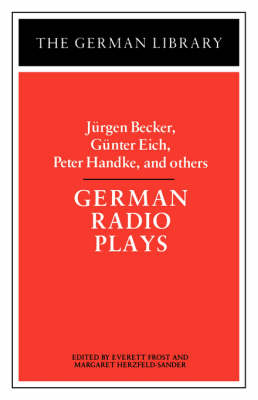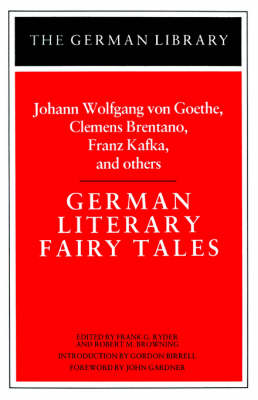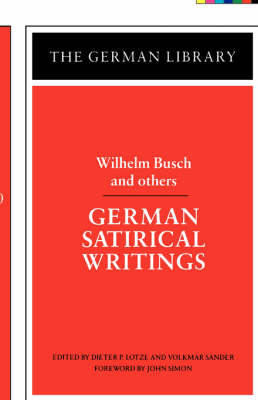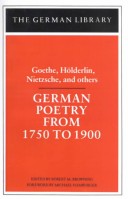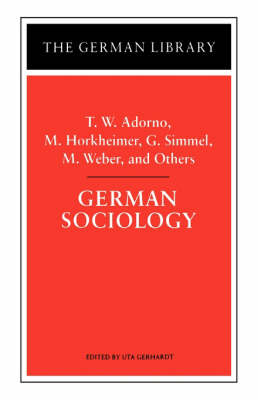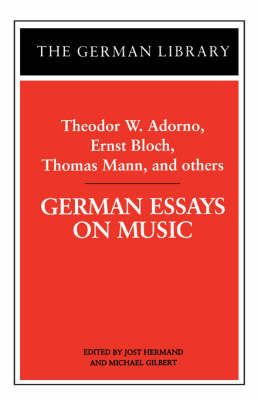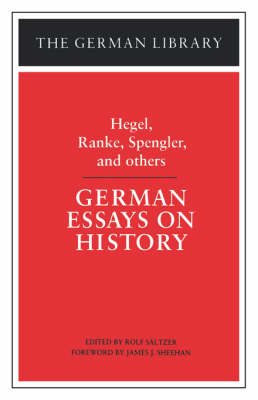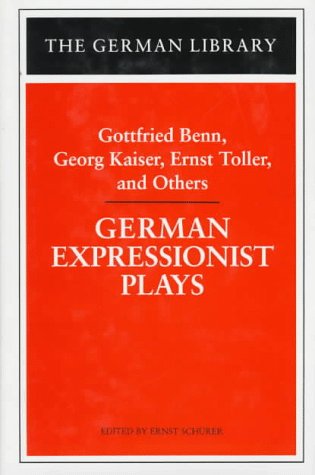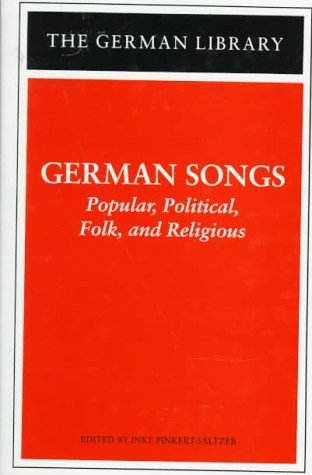The German library
9 total works
Vol 86
Vol 30
German Literary Fairy Tales: Johann Wolfgang von Goethe, Clemens Brentano, Franz Kafka, and others
by Goethe, BRENTANO, KAFKA, and Et Al
Vol 50
German Satirical Writings: Wilhelm Busch and others
by Wilhelm Busch and Et Al
Vol 39
German Poetry from 1750 to 1900
by Goethe, Hoelderlin, Nietzsche, and Et Al
Vol 61
German Sociology: T.W. Adorno, M. Horkheimer, G. Simmel, M. Weber, and Others
by Theodor W. Adorno, etc., Horkheimer, Simmel, Weber, and Et Al
Vol 43
German Essays on Music: Theodor W. Adorno, Ernst Bloch, Thomas Mann, and others
by ADORNO, BLOCH, Mann, and Et Al
Vol 49
German Essays on History: Hegel, Ranke, Spengler, and others
by G W F Hegel, etc., Ranke, Spengler, and Et Al
Vol 66
Vol 53
